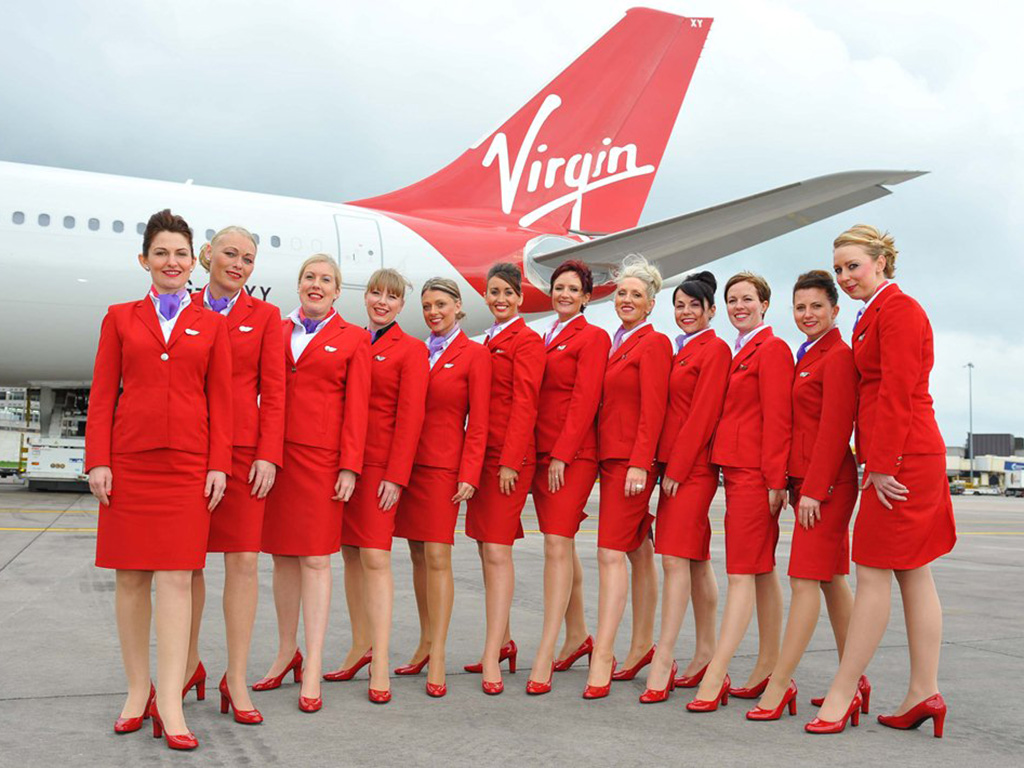Earlier this week, Virgin Atlantic announced that their air hostesses would no longer be required to wear make-up on the job. The airline also included a trouser option for its female employees, a luxury they previously did not have. Whilst many have been praising Virgin for taking the first step towards combating sexism in the aviation industry, it does make us question how we made it into 2019 without change occurring sooner. It only takes a look into other airline policies to understand the misogyny that continues to characterise the industry today. Established airlines, such as British Airways and American Airlines, maintain the make-up enforcement and many companies take the issue a step further by requiring flight attendants to wear heels during the flight. In January, Pakistan International Airlines gave all flight attendants a ‘6-month warning’ to comply with newly enforced weight limits, justifying this policy as concern to keep employees “slim, smart and fit.”
It is incomprehensible that airlines continue to get away with such a blatant form of discrimination. So before we run to congratulate Virgin Atlantic for their move in the right direction, we should consider how the airline industry sexualises their female employees from the moment they set foot on the aircraft. Recent surveys indicate that the majority of female flight attendants have experienced harassment at the hands of their passengers. In 2017, the problem hit headlines when a Scottish passenger was prosecuted after verbally attacking a female flight attendant by shouting “get your tits out!” and “show us your minge!” during a flight to Ibiza. It is sadly unsurprising that passengers adopt this mentality considering the message promoted by the airlines themselves.
Let’s look at budget airline Ryanair as an example. Their infamous cabin crew calendar, which is sold in-flight, features bikini shots of real staff members. Whilst it is understandable that airlines want to promote a glamorous flying experience for passengers, this excuse in no way stretches to the obvious sexualisation and degradation of its employees. Any customers’ motivation for flying with Ryanair, or any other budget airline, is always cost-driven. No British Airways gold cardholder is going to choose Ryanair because of an increased chance that they would be surrounded by attractive flight attendants. Not only is this type of marketing offensive, it is unnecessary.
But we can apply this message to many other industries. The aviation industry highlights an example of misogyny that exists in many other sectors. We only need to recall the 2016 Nicola Thorp scandal, whereby a PwC receptionist was sent home for not wearing heels in the office, to understand that the problem does not just lie 50,000 feet in the air. Men are valued in the workplace for their job, whilst women are valued for their appearance. There is a clear difference between requesting formality and discriminating against workers and this is a concept that, across many industries, we are failing to grasp.
For the time being, we should not jump to pat Richard Branson on the back for his respect for women. We should instead use this policy change to assess how much harder we must work to combat the sexism that continues to haunt the workplace.

